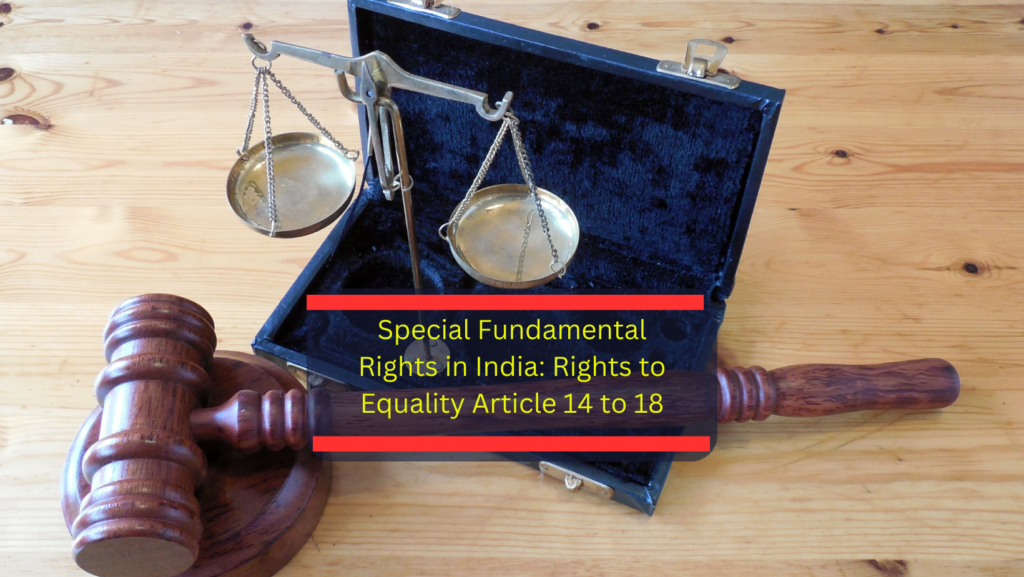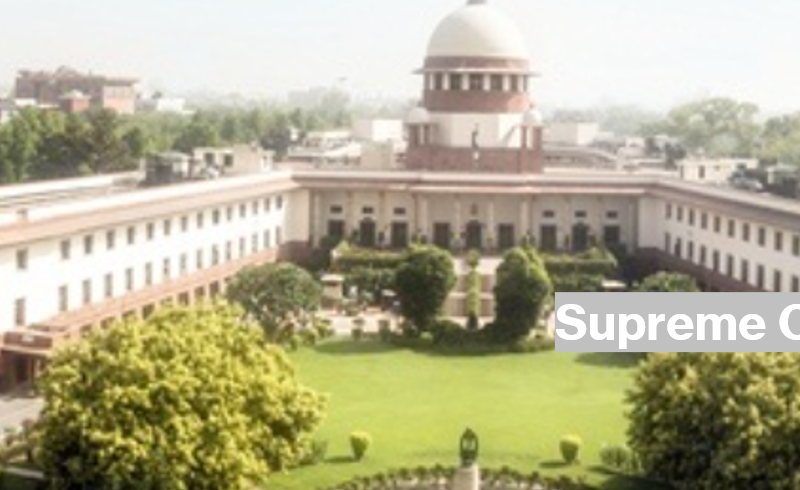India, as a vibrant democracy, upholds the principles of justice, liberty, equality, and fraternity. The Indian Constitution, a comprehensive legal document, enshrines the rights and duties of its citizens, with special attention given to Fundamental Rights. Among these rights, the right to equality, articulated in Articles 14 to 18, plays a pivotal role in ensuring a just and equitable society.
Top 100 Mobiles phones to buy in India

Article 14: Equality Before the Law
Article 14 forms the bedrock of equality before the law. It states that all individuals, regardless of their caste, creed, gender, or nationality, are equal in the eyes of the law. This provision ensures that no one is above the law, and justice is meted out impartially.
Top 100 Electronics, Mobile, Laptops, Speakers, Headphone, Headgears
Article 15: Discrimination Is Prohibited Under Article 15
Discrimination against people based on their race, caste, gender, or place of birth is prohibited by Article 15. It gives the state the authority to provide exceptional allowances for the social and educational growth of underprivileged groups. This article demonstrates India’s dedication to promoting an inclusive society.
Top 100 causal wear for Men and Women
Article 16: Chances for All in Public Employment
Equal opportunities in public employment are guaranteed by Article 16. It prohibits discrimination in job decisions based on traits including race, caste, sex, ancestry, place of birth, or domicile. The improvement of marginalised populations is also permitted through affirmative action initiatives.
Top 100 shoes to buy for Men and Women
Article 17: Abolition of Untouchability in Article 17
Untouchability is prohibited by Article 17 in all forms. Untouchability is viewed as a social evil since it historically oppressed some communities. This clause demonstrates India’s dedication to ending caste-based discrimination.
Top 100 Kitchen and Houseware Items to buy
Article 18: Titles are abolished in Article 18
The awarding of titles is prohibited by Article 18, with the exception of academic and military accomplishments. It guarantees that no citizen may receive a title that confers benefits or distinctions. India has moved away from the colonial-era custom of granting titles based on social stratification, as seen by this provision.
Top 100 desktops, laptops and security gadgets to buy
Ensuring Equal Rights
India’s special fundamental rights, as outlined in Articles 14 to 18, are the bedrock of its democratic and inclusive society. These provisions ensure that all citizens, regardless of their background, enjoy equal rights and opportunities. They promote social justice, eradicate discrimination, and foster a sense of unity among the diverse populace of the country.
In practice, these articles have far-reaching implications for the country. They have been used to challenge discriminatory laws, policies, and practices. For example, Article 15 has been instrumental in challenging unequal treatment based on caste, while Article 16 has paved the way for affirmative action policies in government employment. Moreover, Article 17 has been crucial in addressing issues related to the eradication of untouchability.
However, it’s essential to note that while these rights are enshrined in the Constitution, their full realization often requires concerted efforts from both the government and civil society. Challenges such as caste-based discrimination, gender inequality, and social disparities continue to persist in various forms.
Best 100 Sports and Outdoors products
Conclusion
In conclusion, India’s special fundamental rights pertaining to equality, as outlined in Articles 14 to 18, represent the nation’s commitment to justice and fairness for all its citizens. They serve as a foundation upon which a more equitable and inclusive society can be built, while also acknowledging the need for affirmative action to uplift historically marginalized communities. As India continues to evolve, these rights remain crucial in the ongoing struggle for social justice and equality.
FAQs
What purpose does Article 14 serve?
Article 14 assures that all people are treated equally under the law and prohibits discrimination against citizens on the basis of a variety of reasons. The idea of justice and fairness is upheld.
What role does Article 15 play in promoting equality?
Article 15 forbids discrimination based on a number of factors, promoting an inclusive and equitable society. It encourages inclusivity and variety in many facets of life.
What is Article 16’s purpose?
The goal of Article 16 is to promote meritocracy and justice in government employment by ensuring equal chances.
Why is the end of untouchability so important?
Untouchability must be abolished, as stated in Article 17, in order to end caste-based prejudice and build a more just society.
What is the subject of Article 18?
Article 18 bans titles and honours in order to emphasise the value of a democratic, equal society in which title-based differences are prohibited.
What are the benefits to India of these unique fundamental rights?
With the protection of these unique fundamental rights, India will continue to be a multicultural, just, and inclusive nation where all people have equal rights and opportunities.

